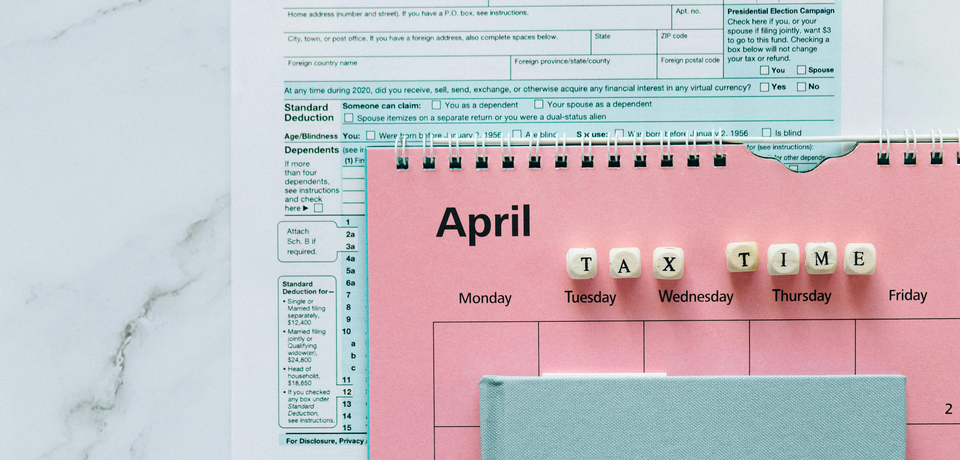Preparing Your Business for the 2024/25 UK Financial Year:

A Guide to preparing for a new financial year.
The financial year for the UK government typically runs from the 1st of April to the 31st of March. This period differs slightly from the tax year, also known as the fiscal year, which spans 12 months, starting on the 6th of April and concluding on the 5th of April of the following year. It's important to note that fiscal year dates may vary in other countries, with many following the calendar year, running from January 1st to December 31st.
In the UK, a limited company typically aligns its financial year with its accounting period for corporation tax, which may differ from the above dates. However, it's crucial for businesses operating in the UK to understand that government Budget statements often cover both the financial and tax year periods, announcing updated tax rates, employment rules, and allowances. Therefore, businesses need to be aware of these changes and prepared for the new financial and tax year.
1. Closing Off the Previous Tax Year:
Ensure all loose ends are tied up as the current tax year draws to a close. settling outstanding bills and chasing unpaid invoices, allowing you to optimise tax allowances and ensure compliance.
2. Reflecting on the Previous Year:
Before delving into preparations for 2024/25, take the stress out of the year-end process with CloudFO. Our user-friendly interface and AI automation, makes reviewing financial records and assessing business performance a breeze. CloudFO can help identify areas for improvement based on insightful analytics, laying the groundwork for strategic planning in the new tax year.
3. Updating Payroll and HR Processes:
If you have employees update payroll and HR processes for the new tax year. To ensure compliance you should report all employee expenses and benefits to HMRC by 6 July 2024 and provide your employees a P60 (if they are in your employment on 5 April 2024) by 31 May 2024. Be sure to check that all leavers and new starters have been processed correctly before sending your final Full Payment Submission or Employer Payment Summary for the previous tax year to HMRC.
4. Note the Upcoming Tax Changes:
- Reduction of Dividend Allowance: The dividend allowance has been reduced to £500 for 2024/25, impacting company owners' tax liabilities & remuneration.
- National Living Wage (NLW) and National Minimum Wage (NMW) Increase: Effective from 1 April, the NLW and NMW have been raised. Workers aged 21 and 22 are now entitled to the NLW. The National Living Wage (21 and over) will now be £11.44, an increase of £1.02 or 9.8%.
- VAT Registration Threshold Increase: The VAT registration threshold has been raised from £85,000 to £90,000, benefiting more small businesses.
- Extension of Business Rates Relief Scheme: From 1st April 2024 to 31st March 2025, eligible retail, hospitality, and leisure properties will enjoy an extension of the Business Rates Relief scheme. Need to understand these a bit more? Just ask CloudFO
5. Setting Financial Goals and Strategies:
Leverage the start of the new tax year to set clear financial goals and strategies for your business. Whether it's boosting revenue, trimming expenses, or exploring new markets, CloudFO provides the tools needed to track progress and make informed decisions. With CloudFO's robust analytics and reporting capabilities, achieving your objectives becomes attainable and sustainable.
Sign up today to unlock the full potential of CloudFO's suite of financial management solutions and embark on a journey towards financial success and growth.
This is not intended to be Tax advice - for more information review UK spring budget






